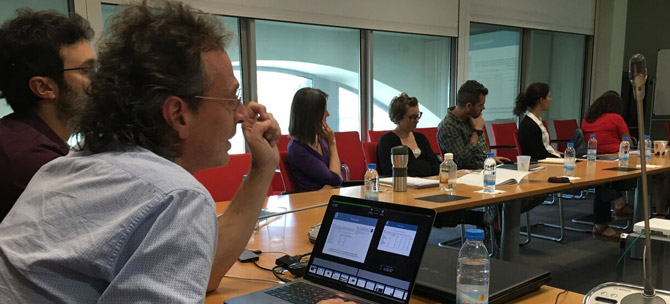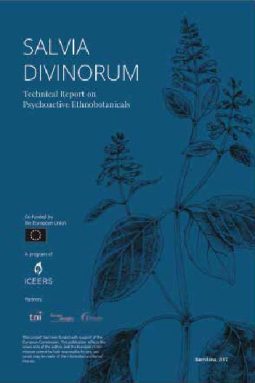Are ayahuasca, peyote and iboga “novel psychoactive substances”? Over the last decade, public health and drug control bodies have struggled to respond to the increase within illegal drug markets of new psychoactive substances such as research chemicals, ‘spice’ (synthetic cannabinoids), and legal highs. Many of which, because of the lack of scientific knowledge about their effects and lack of history of human use, present risks to the health and safety of those who purchase and use them. The response by policy-makers and health officials has been create a new category within drug prohibition policies – that of “Novel Psychoactive Substances” (NSPs)
In this attempt to protect the public through an expansion of the criminalization of these new drugs, ancient psychoactive plants, fungi and animals – some with cultural uses that go back 9000 years, but that have only recently become known outside of their traditional contexts – have become entangled in the net of this new drug control category. It’s like trying to fit a square peg into a round hole – it just doesn’t fit – and the consequences may be significant.
Existing evidence about the effects and potential harms of research chemicals – such as 4-methylmethcathinone, 3-(p-fluorobenzoyloxy)tropane, U-49900, or JWH-073 – is extremely limited, whereas the indigenous knowledge systems around psychoactive plants – such as peyote, iboga, or ayahuasca – go back hundreds, if not thousands of years. And, more recently science is building on traditional knowledge, producing insights on their effects, safety profiles and their potential to improve the health of individuals and communities.

Novel psychoactive substances
New and ancient substances have psychoactive properties of different types and they are both impacted by stigmatization. Yet, this is where their similarities end. Therefore, the troubling problem is that new frameworks for drug control employing this new blanket categorization distorts the understanding of the practices surrounding these ancient substances, interfering with the development of a sensible and efficient public health and public policy response.
With the goal of addressing this complex issue, ICEERS launched the PsychePlants initiative – an e-health platform providing evidence based information for people interested in these plants and for health care professionals. The aims of this project are to increase awareness around ancient psychoactive substances in order to promote informed use, to reduce risks and harms, improve the ability of health care professionals to support people engaging in practices with these plants, and to inform public policy.
ICEERS in the European Monitoring Center for Drugs and Drug Addiction (EMCDDA)
Last week, we delivered our first training for health professionals, providing a 4-hour workshop at the European Monitoring Center for Drugs and Drug Addiction (EMCDDA) in Lisbon. The EMCDDA is a European Union funded organization responsible for monitoring drug use trends, and therefore an important institution to inform about the realities of ancient psychoactive plant practices within a globalized context.
ICEERS’ Benjamin De Loenen (Executive Director), Dr. José Carlos Bouso (Scientific Director) and Marc Aixalà (Integration and Support Services Director) shared the perspectives and knowledge we have generated over the last 9 years through our scientific research, and our psychological support, legal support, and community engagement work.
The evidence-based approach of the EMCDDA is extremely valuable and refreshing, particularly in an international context where drug control bodies often base decisions on prejudice and morality, undervaluing evidence and traditional indigenous knowledge.
Categories:
NEWS
, Ayahuasca
, Iboga and ibogaine
, Peyote
Tags:
ayahuasca
, EMCDDA
, iboga
, peyote
IMPORTANT: Please read our Disclaimer at the bottom if you are thinking to use psychedelics after this read.


